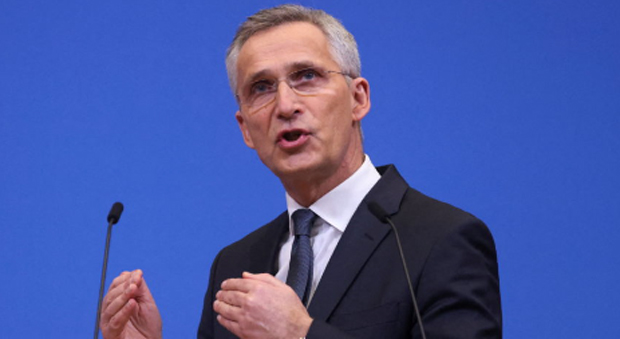A Canadian startup awarded a US$40-million grant from Bill Gates’ climate solutions initiative is preparing to extract carbon directly from the atmosphere at its Alberta site by this spring.
Montreal-based Deep Sky announced on Wednesday that it had secured funding from Breakthrough Energy Catalyst, a firm established by Gates, to support its Deep Sky Alpha project.
According to CEO Damien Steel, construction at the facility in Innisfail, just north of Calgary, is already in progress.
“This should be a proud moment for Canada. This facility in April of 2025 will be one of the first full-stack facilities in North America to actually remove CO2 from the atmosphere using renewable power, and store it underground in a deep saline aquifer,” Steel said.
Founded in 2023 by Frederic Lalonde — co-founder of the online travel platform Hopper, Inc. — Deep Sky is on a mission to address climate change by establishing the world’s first direct air capture test hub and commercialization center.
This marks the first time a Canadian company has received investment from Breakthrough Energy Catalyst, which finances cutting-edge climate technology projects to speed up their adoption and reduce costs.
“The world will ultimately need many approaches to carbon removal at prices far lower than is achievable today, but Deep Sky’s platform will enable and accelerate the kind of real-world innovation that could make affordable (direct air capture) achievable,” said Mario Fernandez, head of Breakthrough Energy Catalyst, in a statement.
RELATED: WEF Working with Bill Gates to ‘Debunk’ the Bible Using AI, Usher In ‘One World Religion’
Direct air capture involves extracting carbon dioxide directly from the atmosphere, a method distinct from capturing emissions at industrial sources like smokestacks. This approach targets historical emissions already present in the air, potentially reversing the effects of climate change.
The technology typically uses large-scale systems with fans or vacuums to draw in air, passing it through filters to isolate CO2, which is then stored safely underground.
Similar projects have been undertaken by other companies, such as Canada’s Carbon Engineering Ltd., acquired by U.S. firm Occidental Petroleum for US$1.1 billion in 2023, and Switzerland’s Climeworks, which operates a facility in Iceland.
However, despite growing interest and an increasing number of pilot initiatives globally, direct air capture technology remains expensive and difficult to scale.
“(Direct air capture) is much, much more difficult than (traditional carbon capture and storage) because the density of CO2 in the air is much lower than the density of CO2 in the chimney stack,” Steel explained.
“(The industry) also has an energy problem. You need renewable power to run these devices and we just don’t have enough renewable power on the planet.”
Deep Sky’s Innisfail site plans to test up to 14 direct air capture technologies from various global companies, aiming to determine which are most efficient and scalable. Contracts have already been signed with eight firms to deploy their technologies at the site.
“There are over 100 (direct air capture) companies in the world today, and we’ve met with every single one,” Steel said. “We’re looking for technologies that have a path to being very energy efficient, and we also look for technology that doesn’t require any special type of feedstock and doesn’t produce any crazy type of waste.”
Captured CO2 will be transported to the Meadowbrook Carbon Storage Hub near Edmonton, where it will be injected two kilometers underground for long-term storage.
The facility will be powered entirely by renewable energy, with revenue generated through the sale of carbon credits. Over the next decade, Deep Sky plans to invest more than $100 million in the project, supported in part by Canada’s federal investment tax credit for carbon capture initiatives.
The UN’s Intergovernmental Panel on Climate Change has stressed that removing billions of tonnes of CO2 by 2050 is crucial to stabilizing the global climate.
Currently, only a handful of such projects exist globally, with Climeworks’ Mammoth facility in Iceland — the largest of its kind — capable of capturing up to 36,000 tonnes of CO2 annually.
Steel remains optimistic, emphasizing the urgency and potential of scaling up this technology. “What I love to tell people is, it’s truly incredible what human beings can do when their backs are against the wall,” he said.











